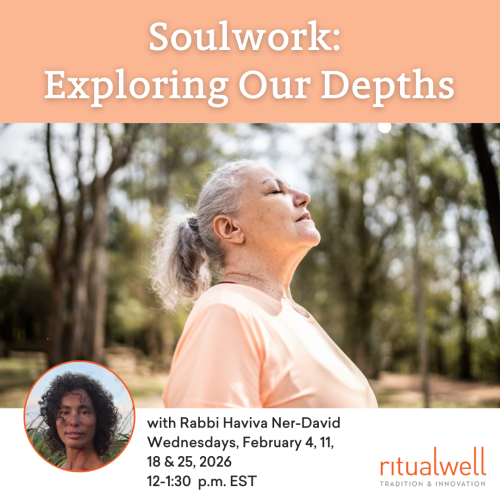We were planting the seeds for future tikkun olam work.
When William saw me walking toward him, he broke out in a big smile. Holding a sign that said “Publix Profits from the Farm Worker’s Poverty,” he looked comfortable at the protest. We had met two weeks earlier to discuss his bar mitzvah Torah portion, Chayei Sarah. I was fascinated by what had piqued his interest. William was challenged by his understanding of Eliezer as a slave—indeed by the very existence of slavery in the Torah. As a young Southern Jewish African-American, he wondered what it meant to enter into Jewish adulthood with a Torah that embraced, accepted and, perhaps, even advocated for slavery.
After exploring the idea of a Judaism that evolves toward righteousness and the differences between biblical and American slavery, we arrived at the issue of modern day slavery and Judaism’s response to it. With his mother, we conversed about the current slave trade and how Atlanta, our home, was ground zero for human trafficking I shared my experiences with T’ruah (then Rabbis for Human Rights-North America) and the Coalition of Immokalee Workers (CIW) with him. With a handful of other rabbis, I had traveled to Immokalee to learn about the oppression in the tomato fields. I met the workers who have dedicated their lives to challenging exploitation, danger and harassment in the fields. As I explained the kind of slavery and work peonage that still exists in our fields today, Will wondered what he could do.
As synchronicity would have it, I had just been contacted by the Coalition of Immokalee Workers to participate and publicize their Publix Truth Tour to encourage the Publix supermarket chain to participate in the Fair Food Agreement, and to commit to buying tomatoes from participating farms that treated workers fairly. Their tour was stopping in Atlanta. And out of the dozens of Publix chains in the Atlanta area they chose the Publix where I shop in my neighborhood. I invited Will to accompany me and to participate in his first social justice protest. Will and his mother eagerly agreed and said they would be there. Then we came up with some questions about the realities of slavery today. I reached out to my friends at the CIW so Will could speak to one of the farm workers and to an interfaith leader who supported the coalition.
As he left our meeting, I wondered if this had been overwhelming. Instead, I was greeted by his big smile two weeks later. He had spoken with members of the CIW and was fully aware and committed to the purpose of the protest. He excitedly pointed out other members of our synagogue among the nearly 150 people who were gathered. The tikkun olam committee of Bet Haverim decided to support its coalition partner Atlanta Jobs For Justice and decided to endorse this protest.
I was among the speakers addressing the store’s managers and the other protestors, and I was struck by how we were planting the seeds of future tikkun olam work. The farm workers felt this was a very effective protest. We will wait and see. Will reported that it was powerful experience and helped him understand contemporary slavery; he said he would be adding this theme to his d’var torah. Will let me know he was proud of my words to the group, but I am certain that when he gives his d’var torah at his bar mitzvah, I will be even prouder.
Rabbi Joshua Lesser is the spiritual leader of Congregation Bet Haverim in Atlanta.






